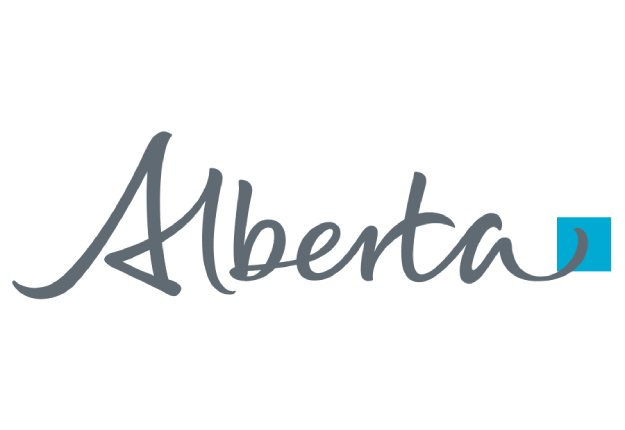Alberta Prompt Payment FAQ

March 31, 2023
Alberta Prompt Payment legislation took effect in August of 2022. Gowling WLG Construction Law Group provides some insight into how the legislation impacts construction.
Prompt payments doesn’t guarantee that a part to a construction contract gets paid, but it does mandate specific requirements around timing of invoicing and payment, “which both parties cannot contract out of.”
The legislation applies to anyone performing work, providing services, or goods/materials related to an “improvement of land.”
“The definition of an improvement has not changed from the definition in the existing Builders’ Lien Act. An improvement means anything constructed, erected, built, placed, dug or drilled on or in land that improves the land, except a thing that is neither affixed to the land nor intended to be or become part of the land,” explains Gowling WLG.
Legislation doesn’t apply to provincial government projects under the Public Works Act. The legislation is intended to apply to public-private partnership projects. It doesn’t apply to maintenance projects. It does apply to municipal, district, and county projects.
Prompt payment applies to home building, as well.
The contract can be written as well as oral, but an agreement must be in place to provide work, services, or furnished goods/materials.
Proper Invoice:
“A proper invoice is defined to include a number of essential requirements including a description of the work or services done or goods or materials furnished and information identifying the authority, whether in a written or verbal contract, under which the work or services were performed or the goods or materials were furnished.
Only the contractor is required to issue a proper invoice to the owner for the work or services they have performed, or have been performed on their behalf by subcontractors, and for the goods or materials they have furnished or have been furnished on their behalf by subcontractors. We anticipate that contractually subcontractors will be required to issue proper invoices to the contractor so that the inclusion of subcontractor’s invoices in the contractor’s proper invoice to the owner will be easier administratively for the contractor,” explains Gowling WLG.
“If you are not paid the full amount, or any of a proper invoice, a notice must be issued by the party who is not paying all or a part of the proper invoice outlining in detail the reasons for non-payment.”
The event of non-payment:
“In the event of non-payment by the owner, the owner must provide a notice of dispute to the contractor within fourteen days of receiving the contractor’s proper invoice.
In turn, the contractor must provide a notice of nonpayment to its subcontractors within seven days of its receipt of a notice of dispute from the owner, and undertake to refer the dispute with the owner to an adjudication with the owner within twenty-one days of giving a notice of non-payment to its subcontractors.
Similarly, a subcontractor must issue a notice of nonpayment to a subcontractor it does not pay in full within seven days of receiving a notice of non-payment from the contractor.
Owners, contractors, and subcontractors must pay amounts included in the proper invoice that are not the subject of a notice of dispute or non-payment.”
Contractors are required to issue a proper invoice to owners within 31 days of work/services or goods/materials being delivered. The owner is required to pay undisputed amounts to the contractor within 28 days of receiving the invoice. The contractor then has 7 days from receiving payment to pay its subcontractors.
Go HERE for Gowling WLG’s full list of frequently asked questions.





![Guide to the Canadian Electrical Code, Part 1[i], 26th Edition– A Road Map: Section 56](https://electricalindustry.ca/wp-content/uploads/2022/11/Guide-CE-Code-2-768x432.png)




![Guide to the Canadian Electrical Code, Part 1[i], 26th Edition– A Road Map: Section 56](https://electricalindustry.ca/wp-content/uploads/2022/11/Guide-CE-Code-2.png)



